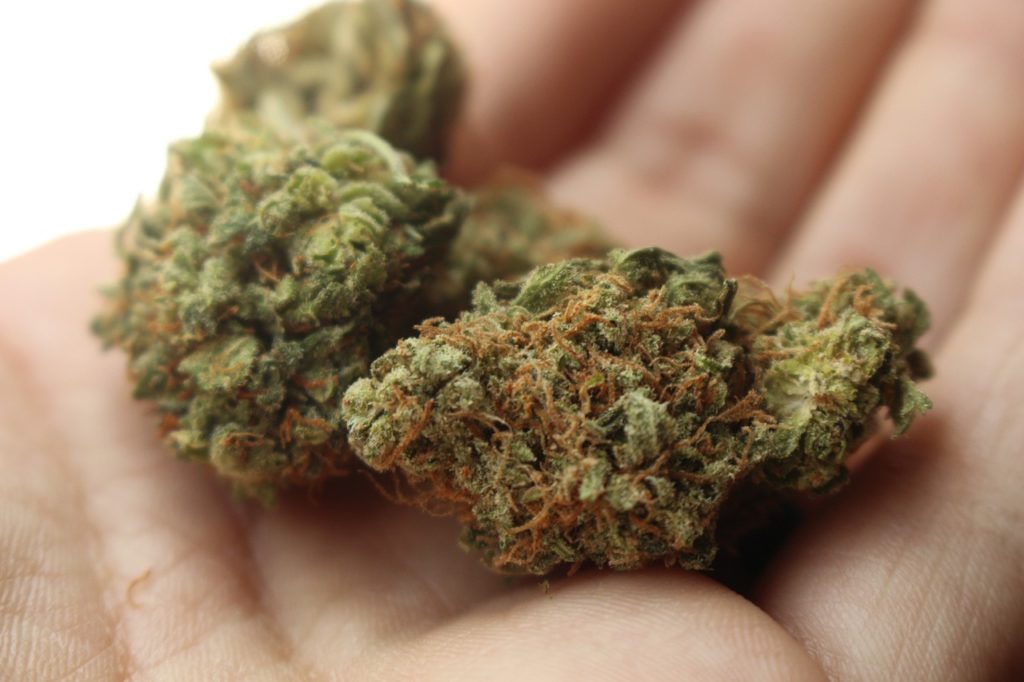
Adults with chronic pain are significantly more supportive of policies expanding cannabis access than the physicians who treat them, according to a study from Rutgers Health and other institutions.
The study surveyed over 1,600 individuals with chronic pain and 1,000 physicians in states with medical cannabis programs, including New Jersey. The researchers discovered that 71% of chronic pain patients were in favour of the federal legalization of medical cannabis, while 59% of physicians shared the same viewpoint.
“Cannabis has a unique and complex policy landscape,” noted Elizabeth Stone, a core faculty member at the Rutgers Institute for Health, Health Care Policy and Aging Research and the study’s lead author. “Depending on the state you’re in, medical cannabis may be legal, both medical and recreational use may be legal, neither may be legal, or some aspects may be decriminalized.”
Currently, 38 states and Washington, D.C. have legalized medical cannabis use, and New Jersey and 23 other states, along with D.C., have legalized it for adult recreational use. However, cannabis remains a Schedule I controlled substance under federal law. Schedule I drugs are considered to have the highest risk of abuse with no recognized medical use, according to the National Institutes of Health.
Among those polled for the study, 55% of chronic pain patients but 38% of physicians supported federal legalization of cannabis for adult recreational use. Some 64% of patients, but 51% of physicians, favoured requiring insurance coverage for cannabis treatment of chronic pain.
“Overall, individuals with chronic pain were more supportive of policies that would expand access to medical cannabis, while healthcare providers were more supportive of policies that would restrict access to medical cannabis,” said Stone, who is also an instructor in the Department of Psychiatry at Rutgers Robert Wood Johnson Medical School.
The researchers tapped two separate survey groups for the study data: One contained adults with noncancer pain lasting six months or more, and the other contained primary care providers and various specialty physicians.
Personal experience played a significant role in shaping attitudes for both groups. People who had used cannabis for chronic pain reported the highest levels of support for expanding access. Physicians who hadn’t recommended cannabis for chronic pain management reported the lowest levels of support.
The study also found broad support for increased education for doctors prescribing medical cannabis. About 70% of both patients and physicians favoured requiring medical schools to train future doctors on cannabis treatment for chronic noncancer pain.
“I think it points to the need for future guidance around cannabis use and efficacy,” Stone said. “Is it something they should be recommending? If so, are there different considerations for types of products or modes of use or concentration?”